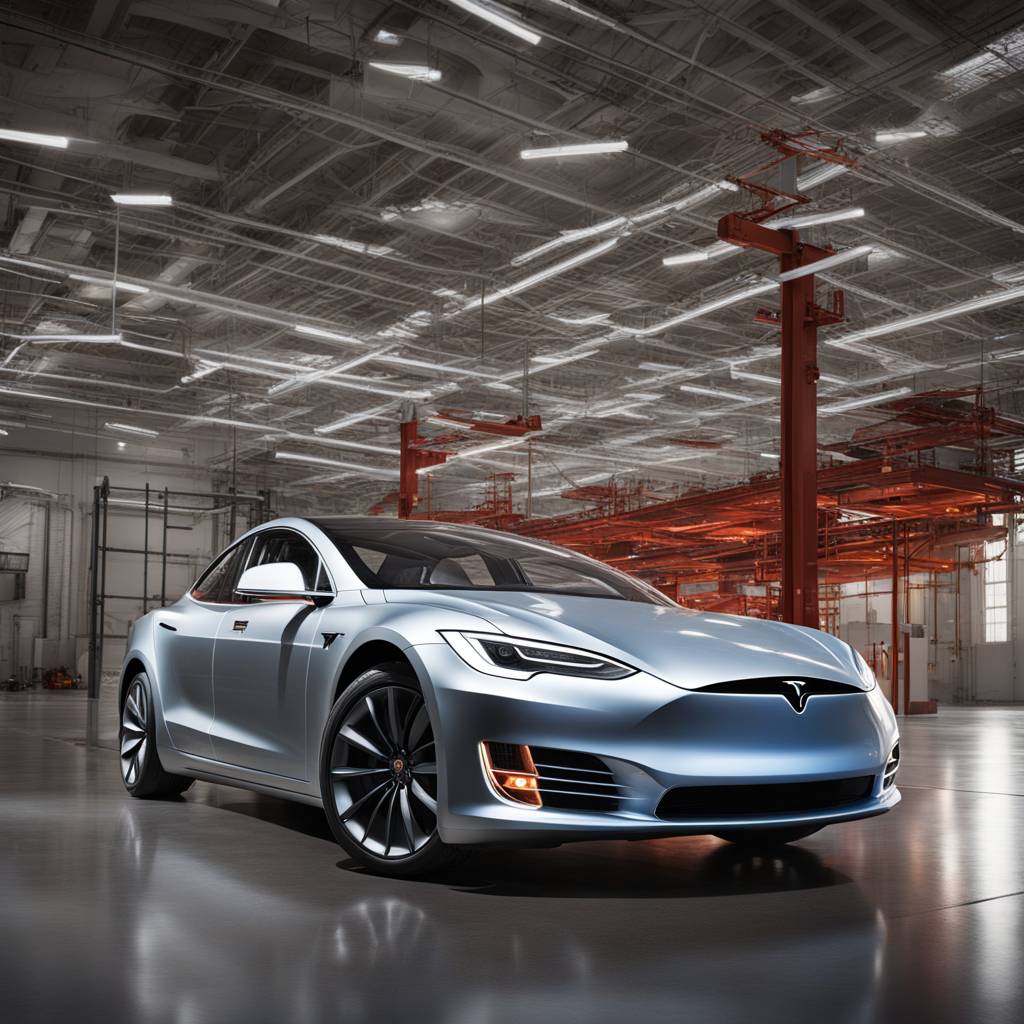In the last quarter, Tesla experienced its first annual sales decline since the pandemic, which was worse than expected. The company attributed this decline to factors such as a weak Chinese economy, arson at its German factory, and supply constraints due to conflict in the Middle East. Despite these external factors, Tesla’s problems cannot solely be blamed on outside forces, as new competitors have entered the market and started taking sales away from Tesla.
Tesla’s failure to introduce new products quickly enough to maintain customer interest, combined with concerns surrounding CEO Elon Musk, has made the company an easy target for competitors. As a result, overall electric vehicle sales in the United States have plateaued, with Tesla being a major contributing factor. While some automakers have reported significant growth in EV sales, Tesla’s numbers have stagnated.
Tesla’s stock price has dropped significantly in 2024, reflecting the company’s disappointing sales numbers and profits. In the first quarter of 2024, Tesla’s global sales plummeted by over 20% compared to the previous year. Despite Tesla’s dominance in the US electric vehicle market, its market share has decreased in recent years, indicating a shifting trend away from Tesla as consumers explore alternative EV options.
The aging models of Tesla’s most popular vehicles, the Model 3 and Model Y, have made it easier for competitors to attract customers with newer offerings. While Tesla has introduced the Cybertruck and updated versions of existing models, the competition from automakers like Ford, Audi, and Hyundai with fresher alternatives has impacted Tesla’s demand. Chinese automakers like BYD also pose a global threat, even though they are not yet competing in the US market.
Elon Musk’s controversial public statements and actions have also affected Tesla’s brand reputation. Musk’s defense of racist tirades and antisemitic statements, alongside his actions on social media, have led to a decline in Tesla’s reputation and customer consideration. Survey data indicates that both Musk and Tesla have low trust and like scores due to Musk’s behavior, which could impact consumer perception of the brand and influence purchasing decisions.
As competing electric vehicle models enter the market, Tesla’s stagnant sales and declining reputation may be attributed, in part, to Musk’s controversial public image. While Tesla continues to face challenges from external factors and increasing competition, addressing the issues surrounding Musk’s behavior and introducing new, innovative products will be crucial for the company’s future success in the evolving EV market.













